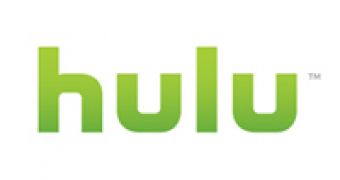Online video is synonymous with YouTube but there is one other venue that is becoming increasingly popular, at least in the US, despite its traffic being significantly lower than YouTube's. This is of course Hulu, the online video joint venture between three of the four major US broadcasters. The site is attracting a sizeable audience and, thanks to its professional content, a fair amount of advertising money as well. This though doesn't seem to be enough and there have been talks about paid content coming to the site. Now we have an actual date on that with News Corp.'s deputy chairman Chase Carey claiming that the paid content should be hitting the site sometime next year.
“I think a free model is a very difficult way to capture the value of our content. I think what we need to do is deliver that content to consumers in a way where they will appreciate the value,” Carey told the audience at the OnScreen Media Summit. “Hulu concurs with that, it needs to evolve to have a meaningful subscription model as part of its business.” When asked to put an actual deadline on the paid content he said that most likely it would be in 2010 though there was no actual time line set just yet.
Carey though, who admits that he has only been present at one Hulu board meeting since he joined News Corp., notes that this doesn't mean that all content on the site should be paid-for and that a pay wall is definitely not the answer for the online property. Instead he believes that special or exclusive content that actually provides additional value to the users should be included in the subscriptions.
This view is in line with News Corp.'s recent determination to start charging for content online especially for its publications, some of which already offer part of the content to subscribers only. It is however somewhat less uncompromising than Rupert Murdoch's, News Corp.'s CEO, and recognizes that users must be offered an incentive to get them to part with their money not just putting up a pay wall and hoping that they start paying.

 14 DAY TRIAL //
14 DAY TRIAL //